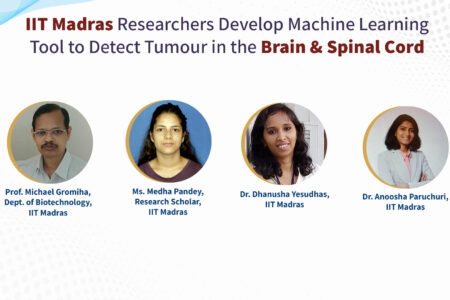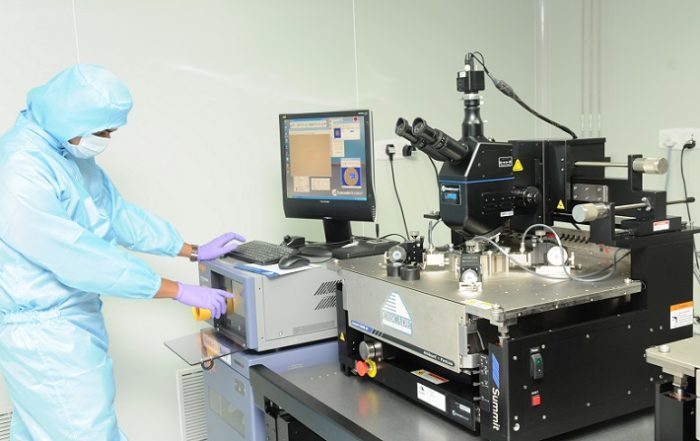IIT-Madras Researchers Develop Computational Tool to Detect Cancer-Causing Tumours in the Brain and Spinal Cord:
Researchers at the Indian Institute of Technology Madras have developed a machine learning-based computational tool called GBMDriver to improve the detection of cancer-causing tumours in the brain and spinal cord. The tool is freely accessible and was primarily developed to identify driver mutations and passenger mutations in glioblastoma, a rapidly proliferating tumour.
Buy Prime Test Series for all Banking, SSC, Insurance & other exams

Understanding the Development of GBMDriver:
The study involved examining 9386 driver mutations and 8728 passenger mutations in glioblastoma. The researchers took into account a number of variables, including the characteristics of amino acids, di- and tri-peptide motifs, conservation scores, and Position Specific Scoring Matrices (PSSM), in the development of the web server.
Superior Accuracy in Detection:
The researchers found that GBMDriver can detect driver mutations in glioblastoma with an accuracy of 81.99%, which is superior to current computational techniques. The approach relies entirely on the sequence of proteins, and the study identified the crucial amino acid characteristics that distinguish cancer-causing mutations.
Potential Impact on Cancer Treatment:
The researchers hope that GBMDriver could help prioritize driver mutations in glioblastoma and assist in identifying potential therapeutic targets, thus helping to develop drug design strategies. Glioblastoma tumours have been studied intensively in the past, but there are only a few therapeutic options available, and the predicted survival rate after diagnosis is less than two years.
Future Scope of GBMDriver:
Medha Pandey, a PhD student at IIT Madras, said that she envisages that the present method would be helpful in identifying therapeutic targets and prioritizing driver mutations in glioblastoma. With the development of GBMDriver, there is a potential for identifying novel therapeutic targets and improving the prognosis for patients with glioblastoma.








 States and Capitals - How Many States in...
States and Capitals - How Many States in...
 A Journey Of Five Years of the National ...
A Journey Of Five Years of the National ...
 What is a Tsunami? – Definition & Ov...
What is a Tsunami? – Definition & Ov...

